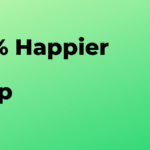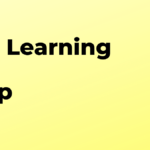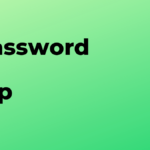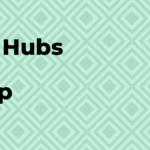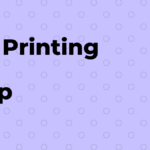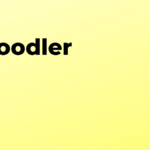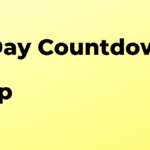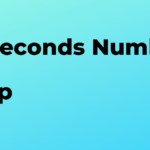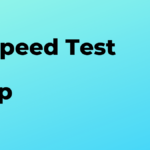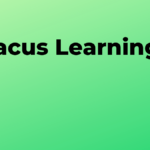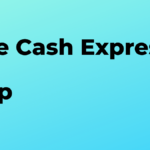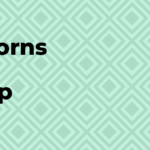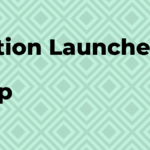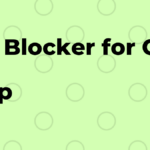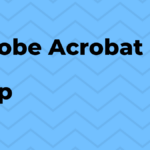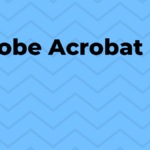
C# is a versatile and widely-used programming language suitable for many applications. This all-in-one guide will help you learn to program with C# using an app-based approach. We’ll break down complex concepts into easy-to-understand sections, offering step-by-step tutorials to help you master each skill. In addition, we’ll share some useful tips and tricks, highlight the main alternatives, and provide everything you need for a successful C# programming journey.
Getting Started with C#
Before you can start programming in C#, you will need to have a solid understanding of the language’s core principles. The following sections will provide you with the foundational knowledge you need to get started.
- Introduction to C#: Learn about the history and purpose of the C# language, as well as its major advantages and applications.
- Basic Syntax and Structure: Familiarize yourself with the structure of a typical C# program and the key elements, such as namespaces, classes, and methods.
- Variables and Data Types: Understand how to declare and use variables in C#, and explore the different data types available.
- Control Structures and Loops: Gain proficiency in using various control structures and loops (such as if-else, for, while, and do-while) to control program flow.
Intermediate C# Skills
Once you have a solid understanding of C#’s foundational concepts, you can begin to explore more advanced topics. The following sections delve deeper into some key aspects of the language.
- Objects and Classes: Learn how to create and use objects and classes in C#, and explore the principles of object-oriented programming.
- Inheritance and Polymorphism: Discover the power of inheritance and polymorphism in C#, which enable you to build flexible, reusable code.
- Error Handling and Debugging: Develop techniques for handling and preventing errors in your code, and learn how to use debugging tools to identify and fix issues.
- Working with Collections: Explore the various collection types available in C# (such as lists, arrays, and dictionaries), and learn how to perform operations on them.
Advanced C# Techniques
As you become more proficient in C#, you can start to tackle more complex and powerful topics. The following sections will help you take your C# skills to the next level.
- Asynchronous Programming: Learn how to write asynchronous code in C# to improve the performance and responsiveness of your applications.
- Working with Databases: Discover how to use C# to interact with databases, such as SQL Server, and perform operations on data.
- Networking and Web Services: Explore the basics of networking in C# and learn how to create and consume web services.
- Creating Mobile Apps: Use C# and cross-platform tools like Xamarin to build mobile applications for iOS, Android, and Windows platforms.
C# has a rich history that dates back to the early 2000s, when it was developed by Microsoft as part of the .NET Framework. The language has evolved over the years, with many new features being added and existing ones improved. Today, C# remains one of the most popular programming languages, thanks in part to its versatility and the way it balances simplicity with power.
Some interesting tidbits about C# include its inspiration from C, C++, and Java, as well as its original code name of “COOL” (C-like Object Oriented Language). As C# continues to evolve, developers can look forward to even more robust features and improvements that will no doubt keep C# at the forefront of the programming world.

I love cell phones and technology, Star Trek, Star Wars and playing video games
